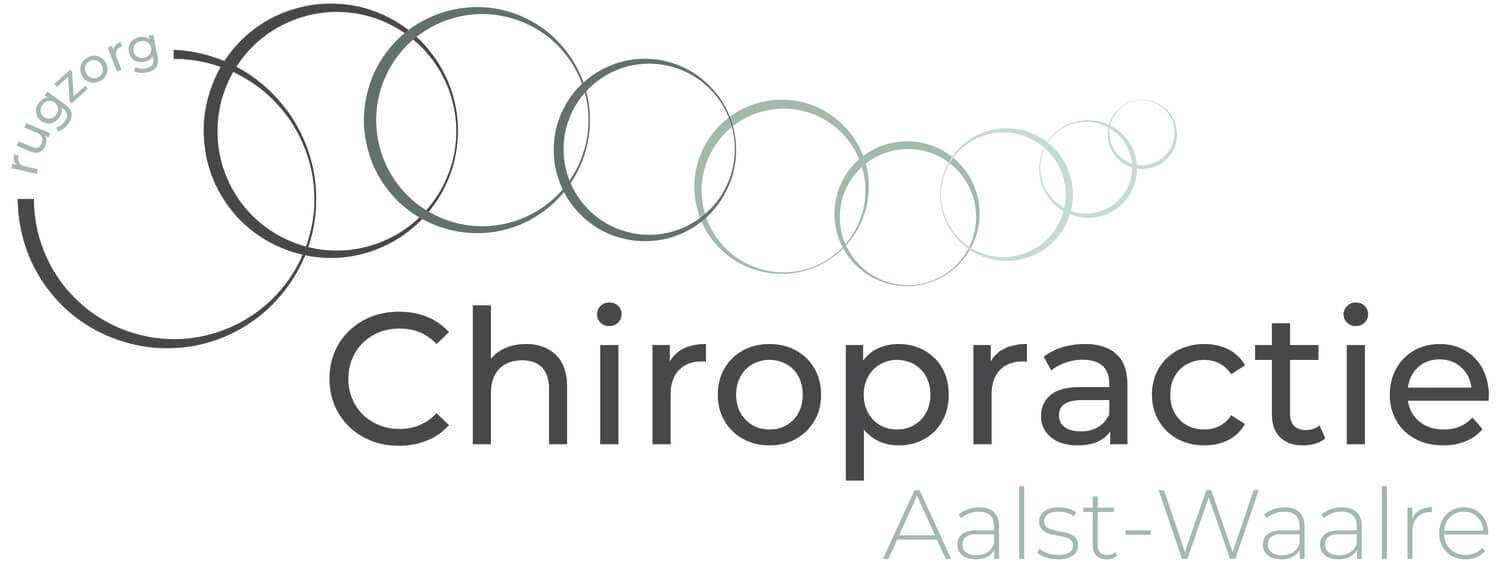
Headache Complaints
Understanding Different Types of Headaches and Their Causes
Most people experience headaches at some point in their lives — for some, they are occasional and mild, while for others, they are frequent and debilitating. There are several types of headaches, each with their own causes and symptoms. Common forms include tension headaches, migraine, cervicogenic headaches, and facial pain.
Tension Headaches
Tension headaches are the most common type. They are typically described as a tight band around the head, often developing gradually during the day. The pain may be dull, aching, or pressure-like and is commonly felt around the head, neck, and shoulders.
This type of headache is often linked to muscle tension in the neck and scalp. Many people report a sensation as if the muscles in the head or neck are "too short" or tight.
Migraine
Migraine is a severe and often disabling form of headache that may last between 24 to 48 hours. It is typically pulsating or stabbing in nature and can be accompanied by:
Nausea or vomiting
Dizziness or fatigue
Visual disturbances (e.g. flashing lights or blind spots)
Tingling sensations in the face or arms
Common areas of pain include behind the eyes, the forehead, and the temples. Migraines often have a hormonal, neurological, or stress-related component.
Cervicogenic Headache
Cervicogenic headaches originate from the joints in the neck. The pain is often felt in the neck and radiates upwards toward the back or sides of the head. It typically presents as a dull, pulling pain that builds gradually throughout the day.
This type of headache is frequently associated with limited neck mobility, poor posture, or neck strain.
What Causes Headaches?
Headaches may be caused or triggered by:
Poor posture at work or while sleeping
Neck trauma (e.g. whiplash or a direct blow to the head)
Stress or emotional tension
Hormonal changes
Fatigue or sleep deprivation
Jaw clenching or dental issues
At Chiropractie Aalst-Waalre, we aim to identify the root cause of your headache symptoms. Chiropractic care can help restore mobility in the neck and relieve muscle tension, offering a drug-free and effective approach to managing many types of headaches.
Examination
During your first consultation, the chiropractor will perform a thorough assessment to identify the root cause of your headache. Serious forms of headache are ruled out through comprehensive orthopaedic and neurological testing.
In most cases, headaches are related to muscle tension or joint stiffness in the neck, jaw, or the muscles attaching to the base of the skull. Identifying and addressing these underlying mechanical issues is essential for effective, long-lasting relief.

Treatment
Headaches often originate from dysfunction in the neck or jaw. However, because the entire body is interconnected, issues in other areas — such as the lower back, hips, knees, or even ankles — can indirectly contribute to the development of headaches or tension-related symptoms elsewhere.
That’s why, during your chiropractic evaluation, we may also assess the function of other joints in the body to ensure a complete and effective approach to treatment.
By restoring balance throughout the musculoskeletal system, chiropractic care not only addresses the immediate source of pain but also helps prevent future complaints from developing.

